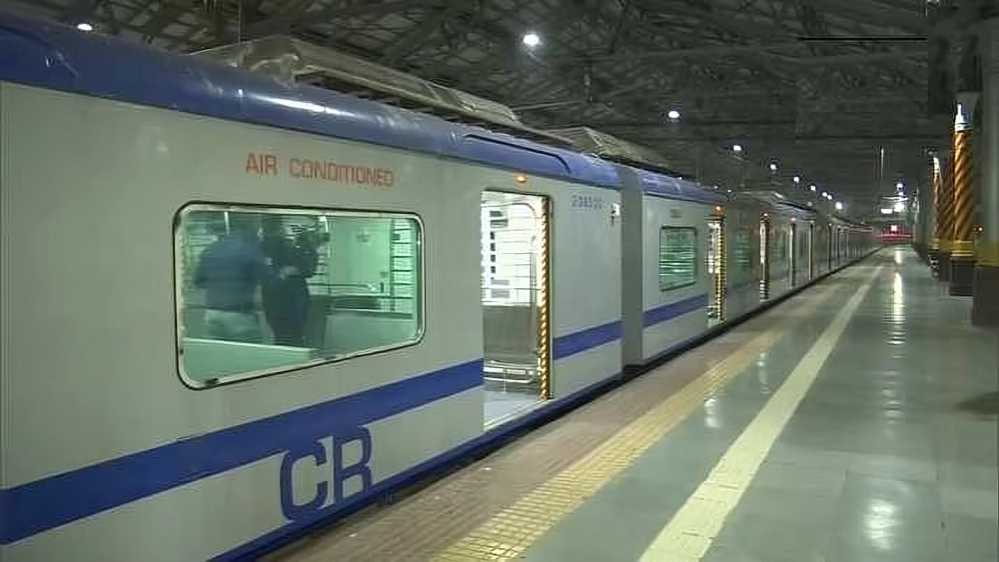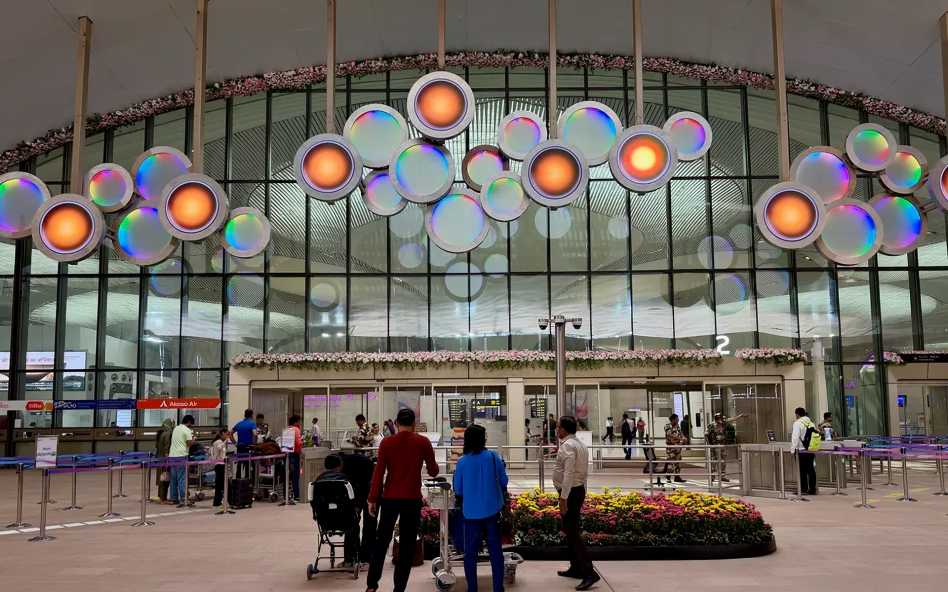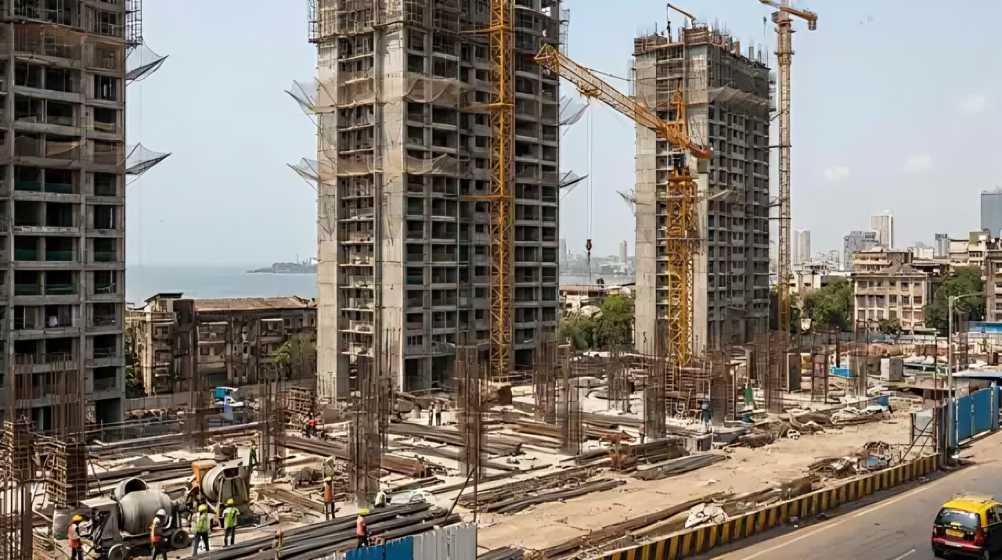August 1, 2025: The Mumbai Metropolitan Region (MMR) is at a critical juncture in its urban evolution. Owing to its geography, expansion is limited to specific corridors. Over the years, most greenfield plots have already been utilised, and older regulatory frameworks once hindered swift growth.
However, this began to change when the government introduced revised development norms in 2012, further enhanced by the DCPR 2034 policy in 2018. In 2024, reduced redevelopment premiums increased project viability, and in 2025, a rule mandating developers to act within two months of approval added further clarity.
Redevelopment today is not just a possibility—it is a practical solution for ageing housing societies seeking modern amenities, improved living standards, and long-term sustainability. However, the process comes with significant responsibilities and risks. Careful planning, clear communication among members, and choosing credible partners are essential.
A society’s first task is to understand its members’ non-negotiables. A shared vision helps select a developer who meets expectations and avoids future disputes. Redevelopment must go beyond adding floors or enlarging flats—it should enhance quality of life by incorporating open spaces, age-friendly access, adequate parking, and inclusive design.
Environmentally sustainable features—such as solar panels, rainwater harvesting, green spaces, and natural ventilation—can reduce long-term costs and environmental impact. Engaging developers with a track record in green building is wise.
Societies should appoint a neutral Project Management Advisor (PMA) to oversee execution without bias, and legal counsel should be involved from the outset to safeguard member interests. No agreement should proceed without full transparency.Crucially, decisions must not rest solely on financial offers. Developers’ financial strength, technical capabilities, and reputation must be thoroughly evaluated.
Lastly, hardship funds and corpus amounts should be treated as long-term safeguards—not windfalls—to ensure financial resilience after redevelopment.
Source: Housing.com





